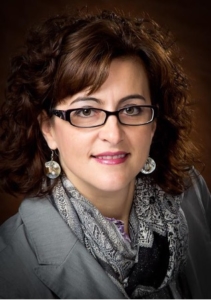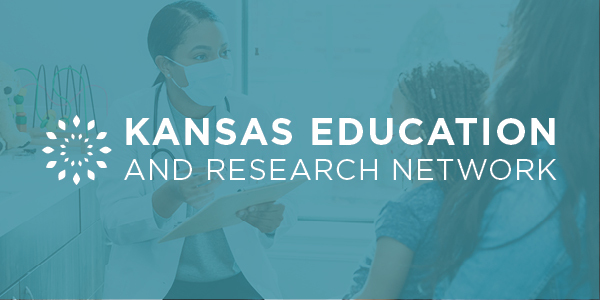As a researcher, I must confess that I was feeling a bit vindicated these past two years as the importance of robust, efficient research took center stage during the pandemic. Research is usually done behind the scenes, making the general public only vaguely aware of the scientific method and its importance and usually relying on memories from a high school science class. Like researchers, the public just wants good results. The pandemic allowed us to have the conversations about the research process with so many people, out in the open, without having to apologize for being a nerd. It was nice to have the opportunity to help others understand that collecting, evaluating, and drawing conclusions from data takes time; action takes time, but it is necessary for us to understand the causes and effects on health and medicine.
The medical profession relies on this scientific process to unearth information and increase knowledge. Every new discovery and confirmed data point adds to a body of knowledge that keeps the profession current and growing.
Practice Based Research Networks (PBRN) exist to support physicians in their research. A PBRN is a nonprofit group whose mission and goals are to take questions or problems that stem from daily practice through the scientific method. Helping guide the practitioner’s curiosity, a PBRN can be the mechanism to generate more meaningful data to support best practices in medicine and health care.
In addition, PBRNs give community members a voice in the research process. Community advisory groups are invited and encouraged to be a part of the network because they understand best the challenges their communities face. If medicine is going to make a difference in a community, it must meet the community where it’s at along a continuum of wellness.
The Kansas Education and Research Network (KERN) was formed by the thought leaders of the Kansas Health Science Center – Kansas College of Osteopathic Medicine. Their goal was to create a collaboration among medical practices, advisers, and educators who are unified in their support of community-based health research and education. Through KERN, the creators wanted to identify and address the greatest health disparities impacting our communities and to support clinicians by providing a research infrastructure and continuing education opportunities. The resulting education and research network also connects rural clinicians—who may feel geographically isolated—to their peers across Kansas.
I invite you to learn more about KERN’s mission to provide optimal experiences and cost-effective community health outcomes that promote access to care and support patient and provider wellness. We are currently seeking individual physicians, hospitals, and clinics to become members at no cost. Learn more about KERN.
 Bio: Kim Talbot is the executive director for KERN. She earned her BSN from Rockhurst University and MSN from Wichita State University. After spending seven years in the acute care setting, she founded the independent clinical trial site, Professional Research Network of Kansas, to provide community physicians an opportunity to participate in industry-sponsored trials. Talbot believes strongly in evidence-based medicine and has worked diligently for more than 21 years to provide quality data for all levels of research. She has been a certified clinical research coordinator through the Association of Clinical Research Professionals (ACRP) since 2003. Over the years, she has taught and presented research, has participated in myriad networking opportunities for local businesses, and has educated the non-medical community about medical research. Outside the office, Talbot is married with two children and two dogs who keep her entertained with all their activities.
Bio: Kim Talbot is the executive director for KERN. She earned her BSN from Rockhurst University and MSN from Wichita State University. After spending seven years in the acute care setting, she founded the independent clinical trial site, Professional Research Network of Kansas, to provide community physicians an opportunity to participate in industry-sponsored trials. Talbot believes strongly in evidence-based medicine and has worked diligently for more than 21 years to provide quality data for all levels of research. She has been a certified clinical research coordinator through the Association of Clinical Research Professionals (ACRP) since 2003. Over the years, she has taught and presented research, has participated in myriad networking opportunities for local businesses, and has educated the non-medical community about medical research. Outside the office, Talbot is married with two children and two dogs who keep her entertained with all their activities.

